Keywords: Paris
There are more than 200 results, only the first 200 are displayed here.
-

AUSTRALIA
- Catherine Marshall
- 05 June 2015
1 Comment
You can never see a city again for the very first time, and so instead I observe my son as the Rome he's heard about comes alive before his own eyes. His greatest fascination is not its stand-alone antiquities, but the graffiti that blooms all around them. To me, these are displays of vandalism; to him they are cultural constructs as important to modern subversives as gladiatorial contests were to the Romans.
READ MORE 
-

- Kristina Keneally
- 04 June 2015
12 Comments
'As a legislator and a Catholic, I often felt gratitude for Frank Brennan's ambassadorship from the republic of conscience. I found the need to weave, this need to take 'data points' from many places and form my conscience. I regarded Frank as a bit of a hero.' Kristina Keneally launches Fr Frank Brennan SJ's book Amplifying That Still, Small Voice at Our Lady of the Way Parish, North Sydney, 2 June 2015.
READ MORE
-
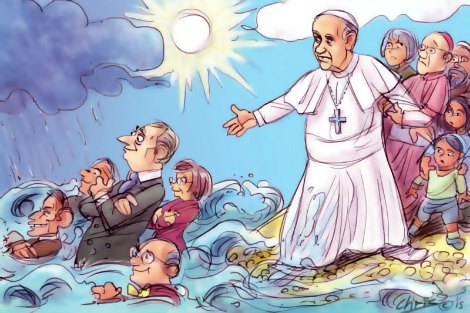
RELIGION
Both John Paul II and Benedict XVI made passing reference to environmental issues. Benedict spoke of the need for protection of the environment, resources the climate in his encyclical Caritas in Veritate. But in terms of its significance, Pope Francis’ forthcoming encyclical has the potential to do for the environmental movement what Pope Leo XIII’s Rerum Novarum (1891) did for the union movement – to provide it with a powerful source of moral and religious legitimacy in the face of those forces which have sought to limit their influence.
READ MORE 
-
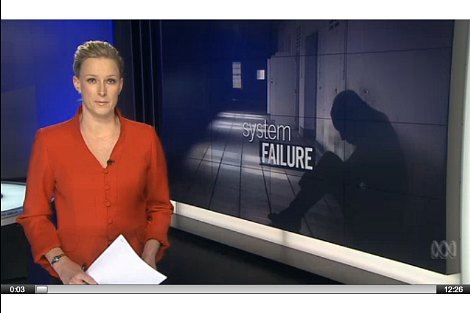
AUSTRALIA
- Paul Jensen
- 29 April 2015
11 Comments
Too often, faced with increasing complexity and professionalisation, the Church has backed away from engaging people with mental illness, thereby, unintentionally further marginalising them. But research indicates that local parishes and faith communities may have an important role to play as they seek to live out the gospel and practice the principles of Catholic Social Teaching.
READ MORE 
-
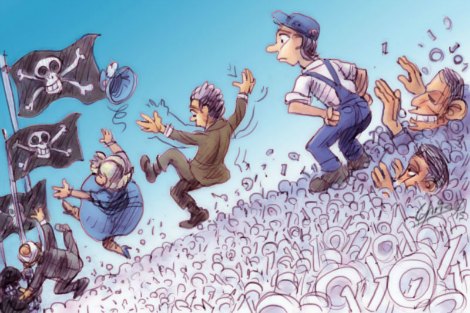
AUSTRALIA
- Fatima Measham
- 25 March 2015
6 Comments
Mandatory data retention was a bad idea when it was originally floated during a Gillard Government inquiry. It is a worse idea now, and is set to become law for political reasons, not because it has been properly scrutinised. There are important questions that we should be asking, and we should not let ourselves be put off from doing this if we don’t know the difference between data and metadata (there is none).
READ MORE 
-
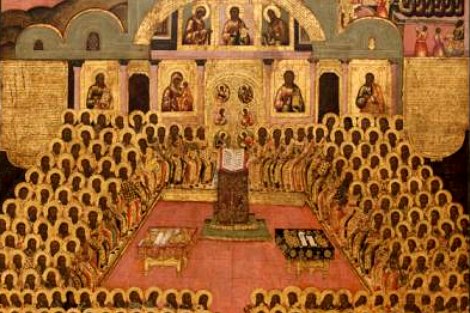
INTERNATIONAL
- Philip Harvey
- 18 February 2015
10 Comments
Why ban an image of Muhammad? Why is he an image-free zone? The answer is not primarily political or artistic but theological. The clue is in a statute of a meeting of bishops called the Second Council of Nicea. This may seem obscure and unimportant, but the bishops weren't obscure and the issue was whether or not humans can make an image of God. The outcome was decisive in the history of world art.
READ MORE 
-

AUSTRALIA
- Andrew Hamilton
- 22 January 2015
17 Comments
The Martin Place and Paris killings both generated hashtags that focused popular response. Their simplicity allowed people to express instantly their solidarity with victims and rejection of violence. But they also raised complex questions about the responsible use of freedom.
READ MORE 
-
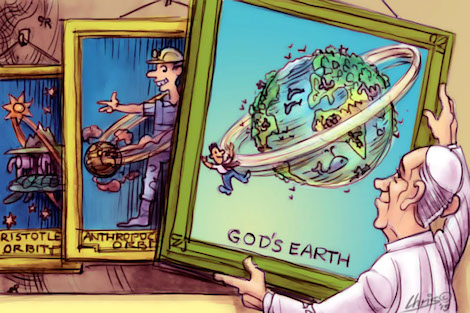
RELIGION
- Paul Collins
- 20 January 2015
43 Comments
Pope Francis has been hailed for his ‘rattling’ and ‘upsetting’ Catholic climate change sceptics and politicians. His predecessors John Paul II and Benedict XVI were ahead of most politicians on the issue, but essentially they underestimated the magnitude and urgency of the environmental problems we face. It is likely that Francis will make a decisive effort to confront climate change during 2015.
READ MORE 
-
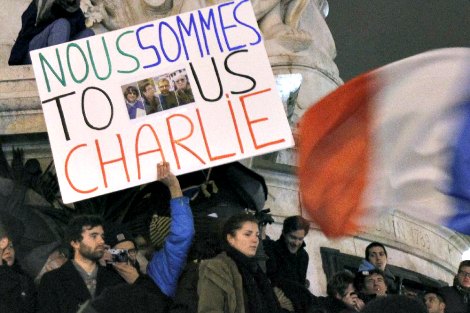
INTERNATIONAL
- Justin Glyn
- 19 January 2015
18 Comments
According to large sections of the media, 'we' are all Charlie now. While it is absolutely right that we stand with the victims and their families in grief and outrage at the terrible acts that took place in Paris earlier this month, predictably we have been told that we should, as a corollary, also defend people’s rights to say what they like, no matter how hurtful it may be.
READ MORE 
-
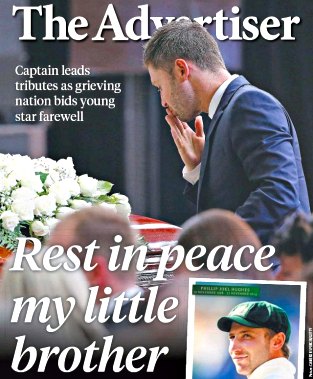
ARTS AND CULTURE
- Brian Matthews
- 05 December 2014
4 Comments
Greg Chappell has already made the comparison with the response to Princess Diana's death, but it goes back further than that, to John Donne, for example, in 1624: 'No man is an island entire of itself; every man is a piece of the continent, a part of the main'. Death haunts the newspapers and the airwaves. Just? Not at all. Every now and then, we cower and weep before Death's undiscriminating might.
READ MORE 
-
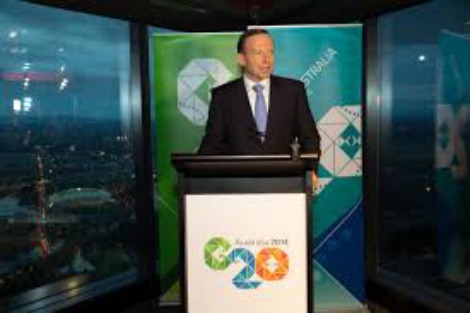
AUSTRALIA
- Tony Kevin
- 18 November 2014
4 Comments
Abbott's best G20 moment was his closing media conference, where he gave an outlined the meeting's achievement of a 2.1 per cent global economic growth plan over the next few years. But on two important matters – climate change and Ebola - the dynamic of the meeting got out of his control and produced outcomes clearly not to his liking. Abbott's counter-strategy – quite successful in retrospect – was to set media hounds running to the side-drama of Vladimir Putin.
READ MORE 
-
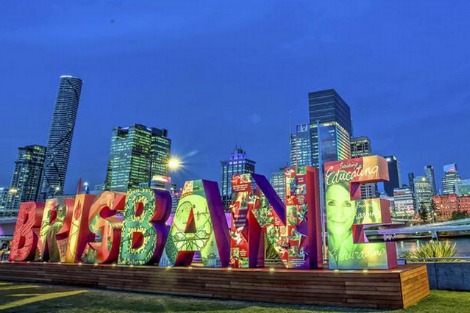
AUSTRALIA
- Michael Mullins
- 17 November 2014
10 Comments
The Murdoch press was reporting on Friday that Australian warships had been dispatched to 'intercept' the Russian flotilla 'steaming towards the G20 summit in Brisbane'. Serious heads needed to prevail for the G20 to maintain its relevance and Australia its credentials to host important events that do not concern sport. The Brisbane G20 had an opportunity build on the climate change action momentum established at APEC, or yield to the new climate deniers who don't accept that renewable energy is also good for economic growth.
READ MORE 